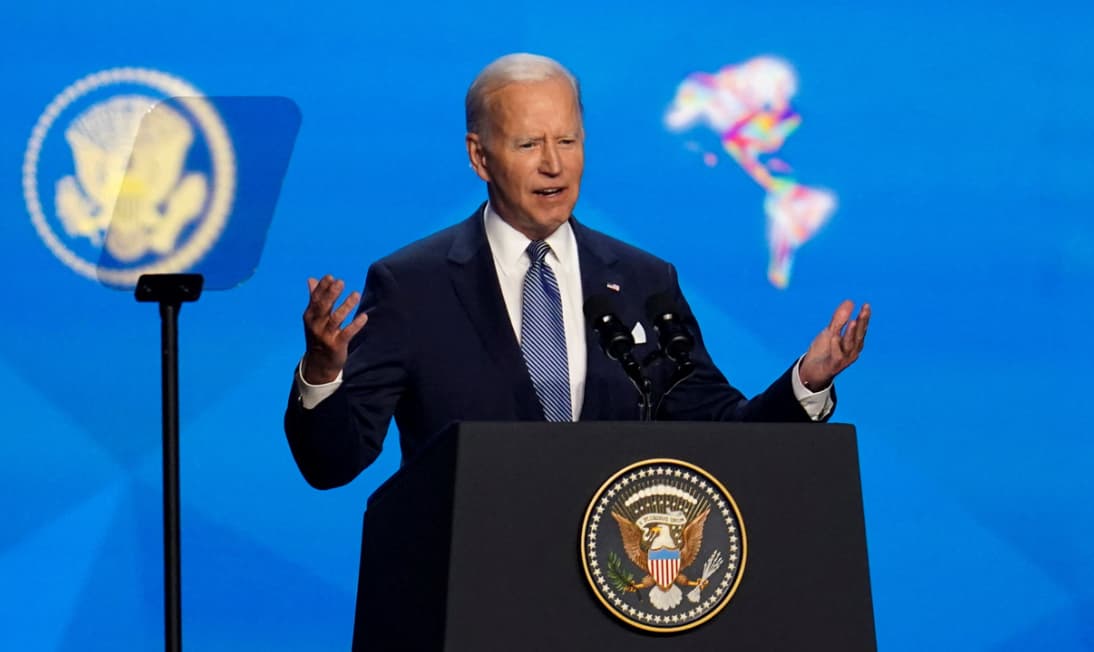Hosted by President Joe Biden, represents a significant event in addressing numerous challenges facing the Americas, including economic instability, climate change, and political polarization. The summit, organized by the Organization of American States (OAS), is a unique platform where leaders from the Western Hemisphere gather to discuss and create action plans on these pressing issues.
Historical Role and Achievements
A notable aspect of the summit is its historical role in the region, rooted in the democratization efforts of the 1980s. Key achievements include the adoption of the Inter-American Democratic Charter in 2001 and initiatives on anti-corruption, education reform, and drug policy. However, the inclusion of non-democratic countries has been a point of contention, with Cuba’s exclusion being a significant source of regional tension until its invitation under President Obama.
Recent Controversies and Challenges
In recent years, the summit has been affected by controversies like the Odebrecht corruption case, leading to reduced participation from some countries. For instance, the 2018 summit saw several leaders, including U.S. President Donald Trump, abstaining from attendance due to various reasons.
For the 2022 Summit of the Americas, disagreements over the guest list emerged, especially regarding the Biden administration’s decision to exclude authoritarian leaders from Cuba, Nicaragua, and Venezuela. This decision prompted threats of a boycott from several countries, including Bolivia and Mexico, and led to Guatemalan President Alejandro Giammattei’s decision to skip the summit due to U.S. sanctions on his government for corruption. Despite these challenges, the summit aimed to address critical issues like the COVID-19 pandemic, climate change, economic recovery, migration, security, and political polarization in the region.
Key Issues and Challenges
The 2022 Summit of the Americas, hosted by President Joe Biden, focused on several urgent issues:
- COVID-19 Impact: The pandemic’s devastating effect on health systems and its role in fueling social unrest;
- Climate Change: The vulnerability of Latin American countries to climate change, marked by extreme weather events and agricultural challenges;
- Economic Recovery: Addressing inflation, unemployment, income inequality, and the region’s ties with major global players like China and Russia;
- Migration and Security: The surge in migration driven by economic insecurity, political upheaval, and climate change;
- Political Polarization: Growing ideological divides and concerns over disinformation and authoritarian regimes.
Economic Growth and Migration Summit
Additionally, in a separate event, President Biden is expected to host South American leaders for a summit focused on economic growth and addressing irregular migration. This follows the “Summit of the Americas,” where 20 countries from the region agreed on measures to tackle the migration crisis. The Biden administration has been actively involved in creating new legal pathways for migrants while maintaining some restrictive border measures.
Conclusion
The Summit of the Americas, as a vital platform for discussion and collaboration among Western Hemisphere leaders, plays a crucial role in addressing key challenges facing the region. The 2022 summit, hosted by President Biden, highlighted urgent issues such as the COVID-19 pandemic, climate change, economic instability, migration, and political polarization. While it demonstrated a commitment to regional cooperation and democratic values, it also revealed the complexities and disagreements among member nations, especially regarding participation and agenda-setting.
The separate summit on migration further underscores the Biden administration’s focus on collaboration for economic growth and managing migration, reflecting a nuanced approach to this persistent challenge. These summits, despite their challenges, represent a significant effort in fostering dialogue, understanding, and concerted action among the nations of the Americas. Their outcomes and discussions are pivotal in shaping the future political and socio-economic landscape of the region, underscoring the importance of continued cooperation and diplomacy in addressing these multifaceted issues.
